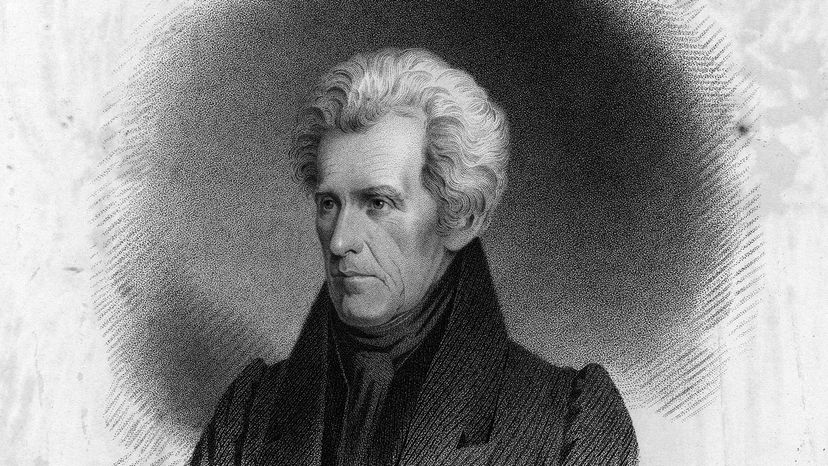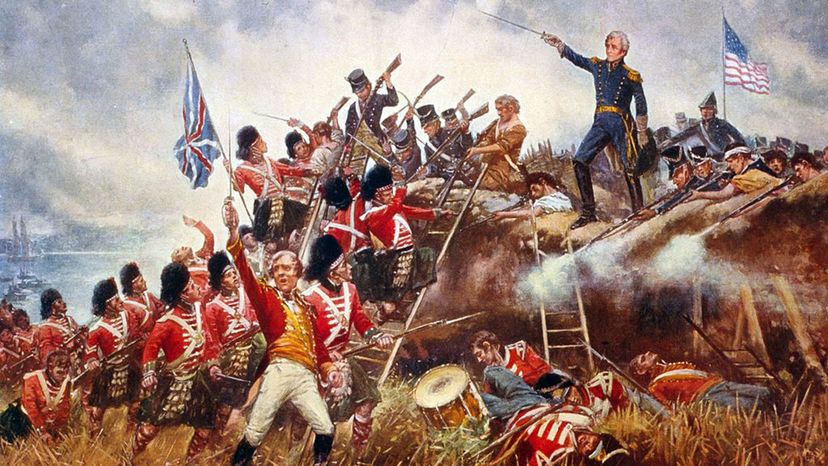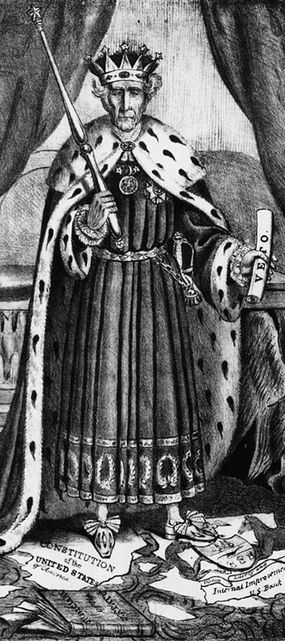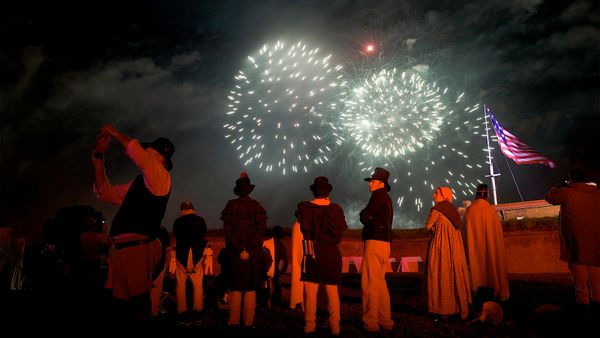
Only one U.S. president has an entire era named after him. And it's not Washington, Kennedy, Roosevelt or Lincoln. The man who holds that distinction is Andrew Jackson, a two-term commander-in-chief who served from 1829 to 1837.
"We call Washington's time the Revolutionary and founding eras, not the Age of Washington. Lincoln belongs in the Civil War era, Theodore Roosevelt and Woodrow Wilson in the Progressive era," wrote Daniel Feller, a professor at the University of Tennessee, in an essay for The Gilder Lehrman Institute of American History. "But the interval roughly from the 1820s through 1840s, between the aftermath of the War of 1812 and the coming of the Civil War, has often been known as the Jacksonian Era, or the Age of Jackson."
Advertisement
While all presidents seem to wax and wane in the public consciousness to some degree, Jackson's name pops up regularly, even more so in recent years. But why would the ghost of a president who died in 1845 still haunt contemporary political discourse?
The answer is, like Jackson, complicated.
For starters, President Donald Trump has a habit of name-dropping Jackson, whom he admires, to such a degree that he hung a portrait of his hero in the Oval Office.
"Inspirational visit, I have to tell you. I'm a fan," Trump said during a 2017 visit to Jackson's Nashville mansion, according to The Washington Post. Both Jackson and Trump won power in part by stoking resentment in working-class people toward the rich and famous, calling themselves champions of society's underdogs, the Post pointed out.
But unlike Trump, who was born rich, Jackson was a self-made man who literally fought his way to the top. He also served with distinction in the military and was elected to multiple vital governmental positions before assuming the presidency.
"The image of Jackson as a quintessential product of American democracy has stuck. Yet always complicating it has been the interplay between the personal and the political. If Jackson is a potent democratic symbol, he is also a conflicted and polarizing one," wrote Feller.
Sound familiar?
As a man, Jackson was known for his violent temper, iron will and his decisiveness under fire. Others have noted his fairness, self-awareness and political brilliance. He was also a blatant racist, bigot and narcissist.
No matter his personal failings, he overcame incredibly difficult odds on his path to success.
Advertisement



